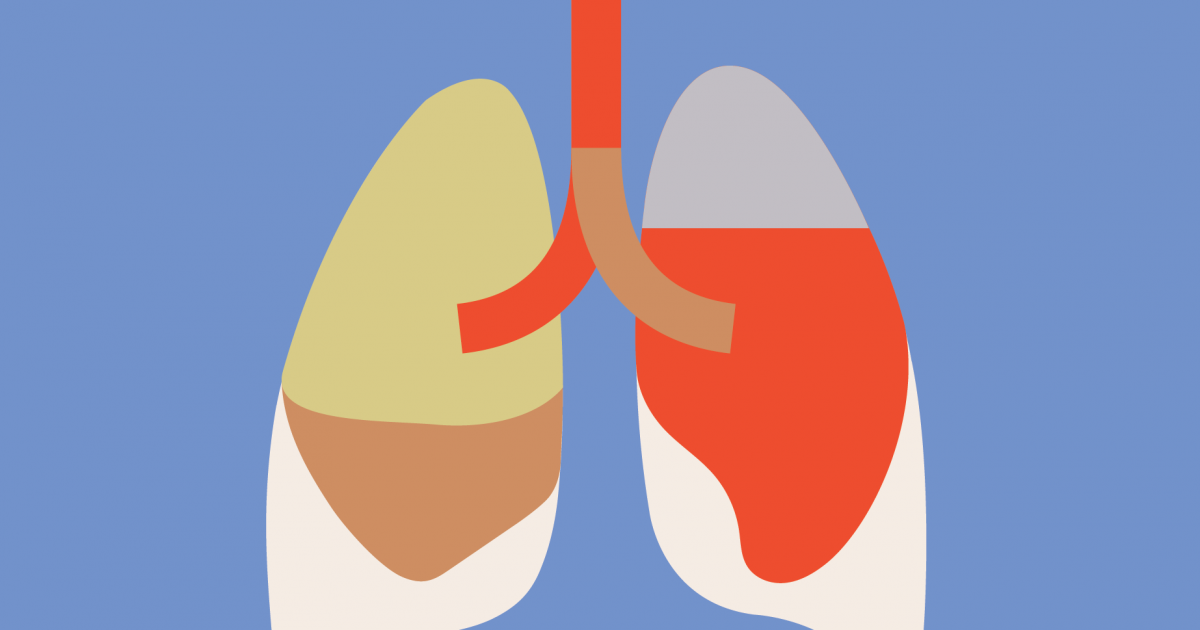FDA Approves Sotorasib
- The Food and Drug Administration approved sotorasib (brand name: Lumakras) for non-small cell lung cancer patients with the KRAS genetic mutation.
- In clinical trials, sotorasib shrank tumors with the KRAS mutation in around 36% of patients with 81% of patients achieving disease control (complete response, partial response or stable disease).
- KRAS mutations have long been considered resistant to drug therapy, according to doctors.
When initial results of early sotorasib trials were released in February, oncologists greeted the news with excitement.
Read MoreIn clinical trials, sotorasib shrank tumors with the KRAS mutation in around 36% of patients with 81% of patients achieving disease control (complete response, partial response or stable disease).
“KRAS has challenged cancer researchers for more than 40 years with many deeming it as ‘undruggable’,” Dr. David M. Reese, executive vice president of Research and Development at Amgen, said in a press release. “The LUMAKRAS development program was a race against cancer for Amgen’s scientists and clinical trial investigators who together have now successfully delivered this new medicine to patients in less than three yearsfrom first patient dosed to U.S. regulatory approval.”
"KRAS mutations have long been considered resistant to drug therapy, representing a true unmet need for patients with certain types of cancer," Dr. Richard Pazdur, director of the FDA's Oncology Center of Excellence, said in press release. "Today's approval represents a significant step towards a future where more patients will have a personalized treatment approach."
The most common side effects of Lumakras include diarrhea, musculoskeletal pain, nausea, fatigue, liver damage and cough.
What This Means for Patients
Most patients will have their tumor tested for genetic abnormalities or biomarkers to help their doctors select which treatments are best. Some common biomarkers such as EGFR and PDL1 have medications that doctors can use to target the lung cancer and improve a patient's survival and quality of life. Despite this, one biomarker that has never had a treatment is KRAS.
KRAS is a mutation that occurs in some patients with NSCLC and is generally associated with poor outcomes. One reason this mutation is considered a bad risk factor is that unlike other mutations such as EGFR there has never been a drug approved to treat this type of lung cancer. This changes with sotorasib.
What happens when you’ve been newly diagnosed with lung cancer?
Learn more about SurvivorNet's rigorous medical review process.

